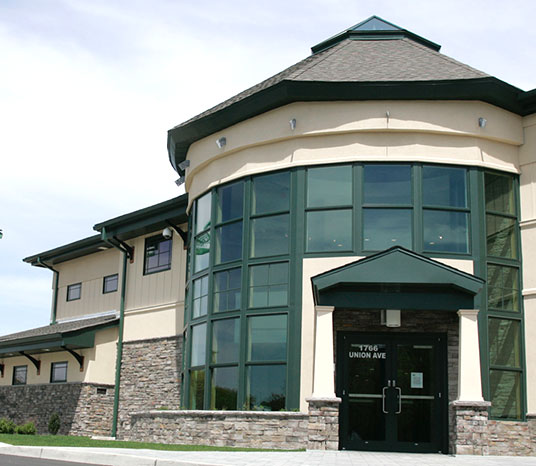HAZLET – The members of the Hazlet Township Committee have unanimously reaffirmed their “strong opposition” to the proposed construction and installation of a 23-mile-long methane gas pipeline through Raritan Bay from Old Bridge to Rockaway, N.Y.
According to the governing body, “construction of the pipeline will negatively impact the health of the Bayshore, coastal ecosystems, marine life, benthic habitats and coastal communities.”
During a meeting on April 21, the committee members passed a resolution urging Williams-Transco to eliminate any further consideration for a pipeline and urging the New Jersey Department of Environmental Protection (DEP) to conduct a public hearing on the proposed Northeast Supply Enhancement (NESE) project in the Bayshore area to allow residents to voice their opinions on the matter.
According to the resolution, “The alleged purpose of the proposed project is to transport 400 million cubic feet of methane gas, extracted through the environmentally destructive process of hydraulic fracturing, from the Marcellus Shale to New York, thereby significantly contributing to climate change.”
On Jan. 21, Williams-Transco submitted a new application for the proposed project to the DEP, which marks the fourth time the applicant has sought approval from the department for the project.
Hazlet’s elected officials said the project “will in no way serve the interests of New Jersey, or its residents, and will only supply climate altering methane gas to Brooklyn, Queens and Long Island, N.Y.”
According to the resolution, the pipeline “will have severe negative impacts to the Raritan and Lower New York bays, such as disruption of roughly 14,165 acres of the seabed of the Raritan Bay, the discharge of 690,000 gallons of drilling fluid and chemicals into the bay, there-suspending over 1 million tons of toxic muck contaminated by PCBs, dioxin, lead, mercury and arsenic, and the destruction of over 1,000 acres of benthic habitat that houses marine fish, shellfish and larva.”
The pipeline will endanger marine and wildlife in a number of ways, including the sieving of more than 3.5 million gallons of seawater that will destroy any living thing that is caught in the process, and the creation of loud sounds and powerful vibrations that accompany pipeline development, according to the resolution.
Hazlet officials said the pipeline would adversely impact industries in Monmouth County’s Bayshore communities, disturb commercial and recreational fishing and shell fishing activities, and potentially damage the tourism industry.
On June 5, 2019, the DEP denied Williams-Transco’s application for the development of the pipeline based, in part, on the significant impacts to the water quality and ecosystem of the Raritan Bay and Lower New York Bay, according to the resolution, which states that the DEP “has failed to conduct a public hearing in the Bayshore area on the proposed project during any of the previous three permit evaluations.”

